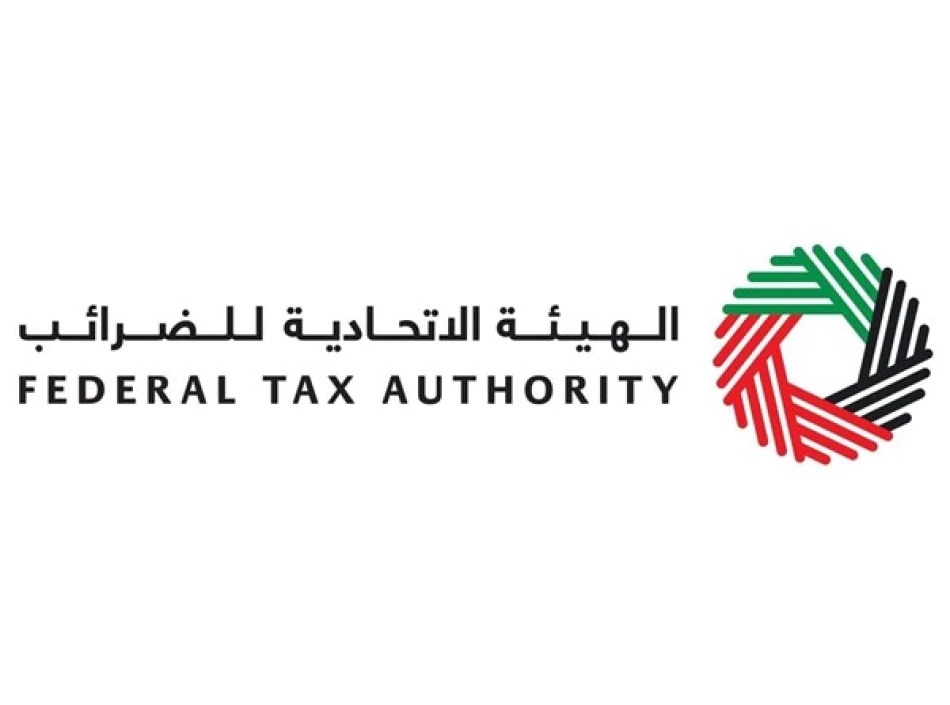
Businesses Urged to Complete Tax Records: Federal Tax Authority's Call to Action
UAE Ramps Up Corporate Tax Enforcement as First Filing Season Approaches
The UAE Federal Tax Authority has issued a comprehensive reminder to businesses about their corporate tax obligations, signaling the country's commitment to establishing a robust tax collection system. With the nine-month filing deadline looming, companies must complete their tax records, submit returns, and pay dues—marking a pivotal moment in the Emirates' transition from a tax-free haven to a modern fiscal state.
Critical Compliance Deadlines and Requirements
The Federal Tax Authority emphasized that both corporate tax-liable entities and exempt persons required to register must submit their tax returns or annual declarations within nine months of their tax period's end or fiscal year conclusion. This timeline represents a significant administrative burden for businesses that have historically operated without such obligations.
The authority stressed that filing returns and paying taxes constitutes a fundamental legal obligation, warning that non-compliance will result in late fees and penalties. This firm stance indicates the UAE's serious approach to tax enforcement, departing from its traditionally business-friendly, low-regulation environment.
Required Documentation and Preparation
Companies must prepare comprehensive documentation including business licenses, financial records, and detailed business activity information. The authority recommends early preparation to ensure efficient compliance within specified timeframes—a clear signal that last-minute filings may face scrutiny or processing delays.
Digital Infrastructure and International Standards
The UAE has invested heavily in its "Emirates Tax" digital platform, offering 24/7 online services for registration, filing, and payment. This digital-first approach mirrors successful tax systems in Singapore and Estonia, positioning the UAE as a technologically advanced tax jurisdiction rather than simply a low-tax one.
The authority's emphasis on following international best practices suggests alignment with OECD standards and global tax transparency initiatives. This strategic positioning helps the UAE maintain its attractiveness to international businesses while satisfying global regulatory requirements.
Market Implications and Strategic Context
This enforcement push comes as the UAE seeks to diversify revenue streams beyond oil and establish itself as a legitimate financial center comparable to Switzerland or Singapore. The corporate tax, introduced at 9% for profits exceeding AED 375,000, represents a calculated balance between revenue generation and competitiveness.
For businesses, the immediate impact involves compliance costs and administrative overhead. However, companies that adapt quickly may benefit from the UAE's enhanced international credibility and reduced regulatory risk in global markets.
Regional Competitive Dynamics
The UAE's approach contrasts sharply with Saudi Arabia's more aggressive tax enforcement and Qatar's resource-dependent model. By emphasizing support services and digital efficiency, the Emirates appears to be positioning itself as the region's most business-friendly tax jurisdiction—high compliance standards with streamlined processes.
Looking Ahead: Enforcement and Adaptation
The authority's detailed guidance and emphasis on certified tax agents suggests sophisticated enforcement capabilities are being developed. Businesses that view this transition as merely administrative may find themselves unprepared for the UAE's evolving regulatory landscape.
The success of this first major filing season will likely determine the pace of future tax policy development and the UAE's credibility as a mature financial jurisdiction. Early compliance leaders may gain competitive advantages in an increasingly regulated but internationally respected business environment.
Most Viewed News

 Layla Al Mansoori
Layla Al Mansoori






